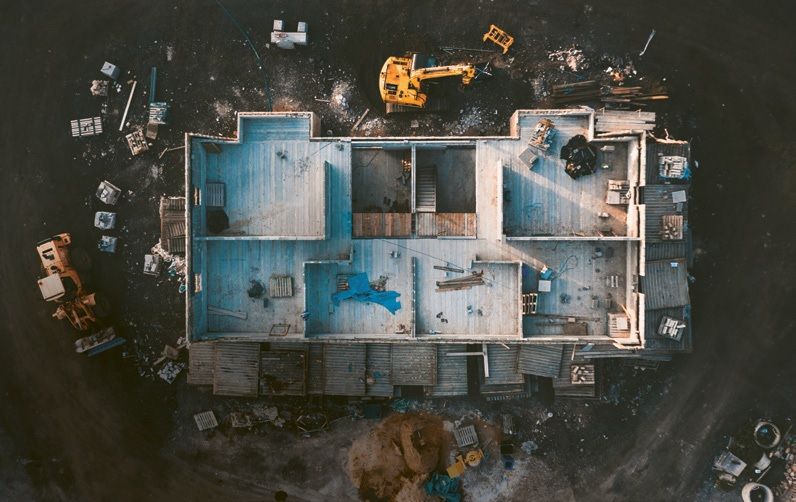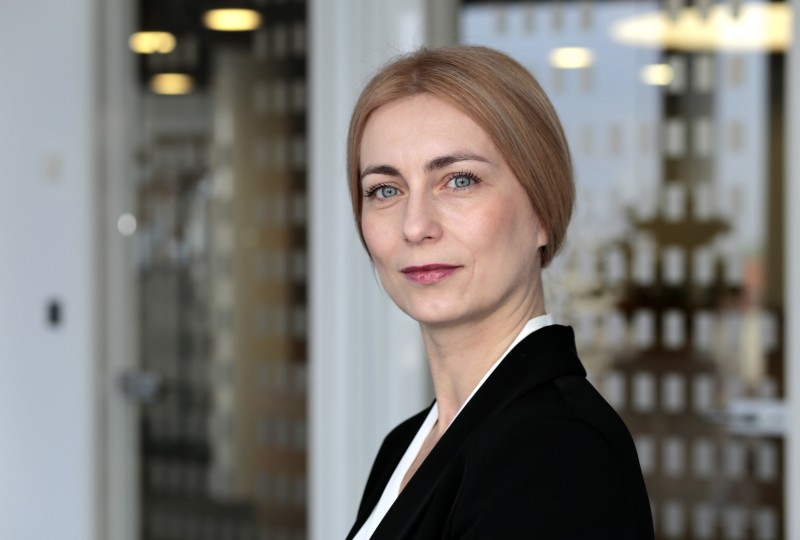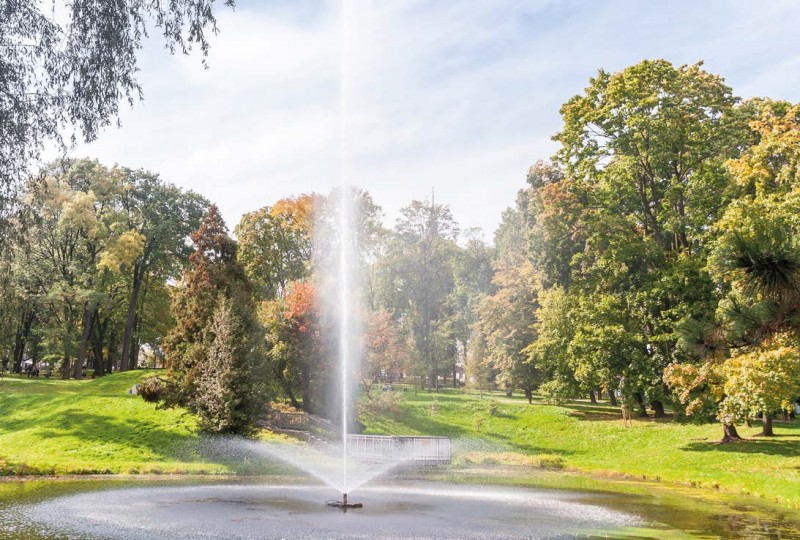Foreign capital, or back to the tradition
Częstochowa becomes more and more attractive to foreign investors. It can be proven by a growing number of companies with foreign capital and by increasing interest in investment areas that were included in two special economic zones in 2014.
As at 30 June 2015 there were 26,770 business entities registered in Częstochowa, including 2,996 commercial law companies. Among those registered, there were 477 companies with foreign capital. The number of commercial law companies registered in Częstochowa, including companies with foreign capital, has been steadily growing for 10 years.
In 2005 there were registered 78 of them, including 14 companies with foreign capital, in 2010 there were 126, including also 14 new companies with foreign capital, while in 2014 there were as many as 227, including 15 with foreign capital. The biggest number of new companies with foreign capital was registered in 2007 and 2012, namely 25 each. The number of commercial law entities formed in Częstochowa by foreign investors has doubled within the last 10 years.
Częstochowa has long traditions related to foreign investments, dating back to the times of industrial revolution at the turn of the 19th and 20th centuries when “foreign capital” developed the textile and metallurgical industries.
After the collapse of the People’s Republic of Poland and political transformation the first foreign investments in Częstochowa were made in the early 90s of the 20th century. The first investor was British company, BOC Gazy that invested at the site of the former Częstochowa Steelworks in 1993. The company is still in operation employing about 200 people. In 1996 first investments were made into a retail chain. Austrian Billa opened its first supermarket here. At the same time the French made their investments into hotel services (Mercure and Ibis) and the Italians invested into food and trade services. In the mid-90s an American automotive company, TRW, invested into a plant located at Rolnicza Street in Częstochowa. At the beginning the company employed about 200 persons, now TRW is a leader among employers in Częstochowa in terms of jobs created.
More foreign investments started to flow in at the beginning of the 21st century thanks to Poland’s accession to the European Union and to the inclusion of Częstochowa areas into the Katowice Special Economic Zone. Privatization of state-owned enterprises was another incentive for investors.
In 2002 the site “vacated” by Częstochowa Steelworks was included in the KSEZ under the decision of the Council of Ministers. Investments into the site were made by German car parts manufacturer, Berger (at present GST Automotive Safety Poland) and American Guardian Company. Guardian’s investment made between 2001 and 2003 brought Częstochowa the most state-of-the-art float glass manufacturing facility in Europe. Concurrently, between 2002 and 2005 more investments were made into auto parts manufacturing plants. Italian investors formed “Brembo” while the French set up CSF Poland. TRW began its expansion by opening two manufacturing plants employing over 3,000 persons. Inclusion of TRW into the KSEZ resulted in EUR 20 m worth investments, increased employment up to 4,000 persons, creation of a research and development centre and financial service centre. As a result of foreign investments the automotive industry has become a leading sector in the city in terms of employment (about 7,000 persons in total) and the value of foreign export.
In 2004 the glassworks located in the district of Wyczerpy was purchased by Stolzle. The Austrian company invested EUR 16 m and increased employment up to 350 persons. In 2005 the Provincial Heating Company was privatized and purchased by Fortum Corporation. The Finish company invested EUR 137 m and built a new power unit.
Privatisation of Częstochowa Steelworks, which was once the biggest employer in the former province
of Częstochowa, was much more difficult. In 2004 the steelworks underwent restructuring. A spunoff manufacturing part was sold to Ukrainian ISD. Due to crisis in the steel production market within the recent years ISD was forced to significantly reduce employment (about 1,040 employees are now employed on a full-time basis at ISD Steelworks).
Expansion of foreign capital into the industrial production zone was accompanied by investments into services and commerce. There are 36 big shopping facilities belonging to foreign chains in Częstochowa (most of them are owned by Jeronimo Martins (“Biedronka”) and German Lidl. The most spectacular investment was the construction of Galeria Jurajska (Jurajska Shopping Centre) by GTC Corporation for EUR 80 m (the shopping centre with 130,000 sq m of usable area is one of the biggest malls in Poland). As regards tourism, two hotels were built by the French investors.
In 2014 new areas in Częstochowa were included into special economic zones under the decision of the Council of Ministers. The former steelworks site was covered by Europark Mielec SEZ and two sites at Legionów-Kusięckiej Street and the so-called “Skorki” were included into the KSEZ. Investments into those sites are planned by German adhesive manufacturer WIKO, Klebetechnik sp.o.o. and Italian Enckel. Both companies had their manufacturing plants in Częstochowa previously.
The city focuses its policy on attracting foreign capitals and creating conditions for development of companies that already operate here. Two big promotional projects were implemented to promote assets of the city during the most important investment fairs in Europe (Cannes, Vienna and Moscow) and in Northern America and Asia (China, Middle East). Activity in promoting investment areas and additional incentives for entrepreneurs including property tax reliefs bear fruit in the form of letters of intent submitted by investors and give hope for setting up and developing companies not only in special economic zones in Częstochowa.
Investor Service Center Department of European Funds and Development City Hall of Częstochowa







